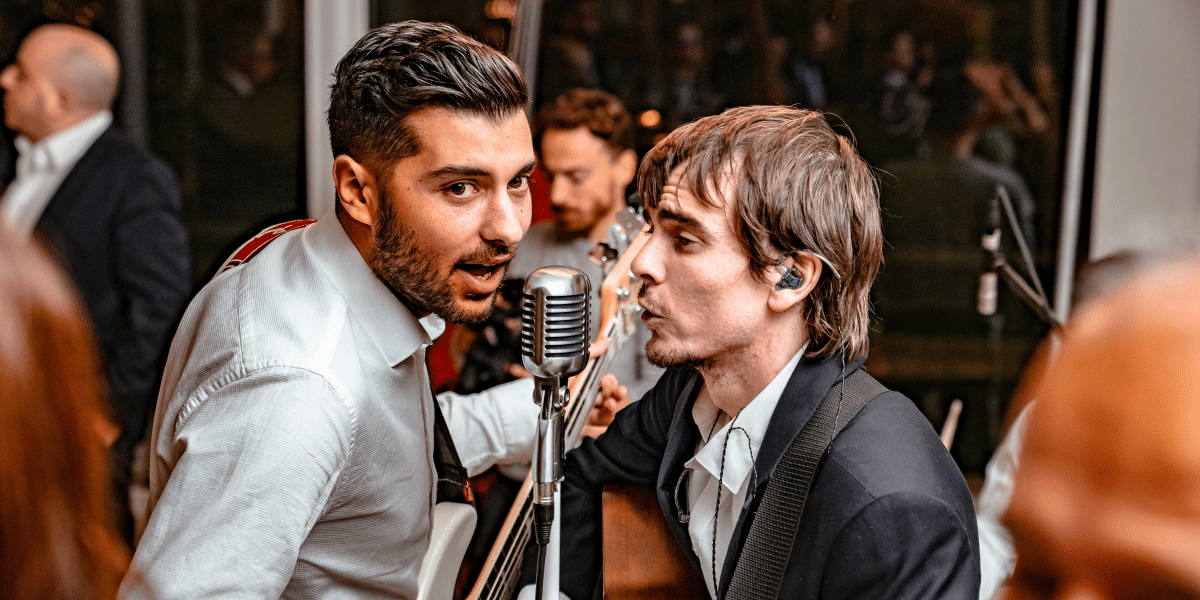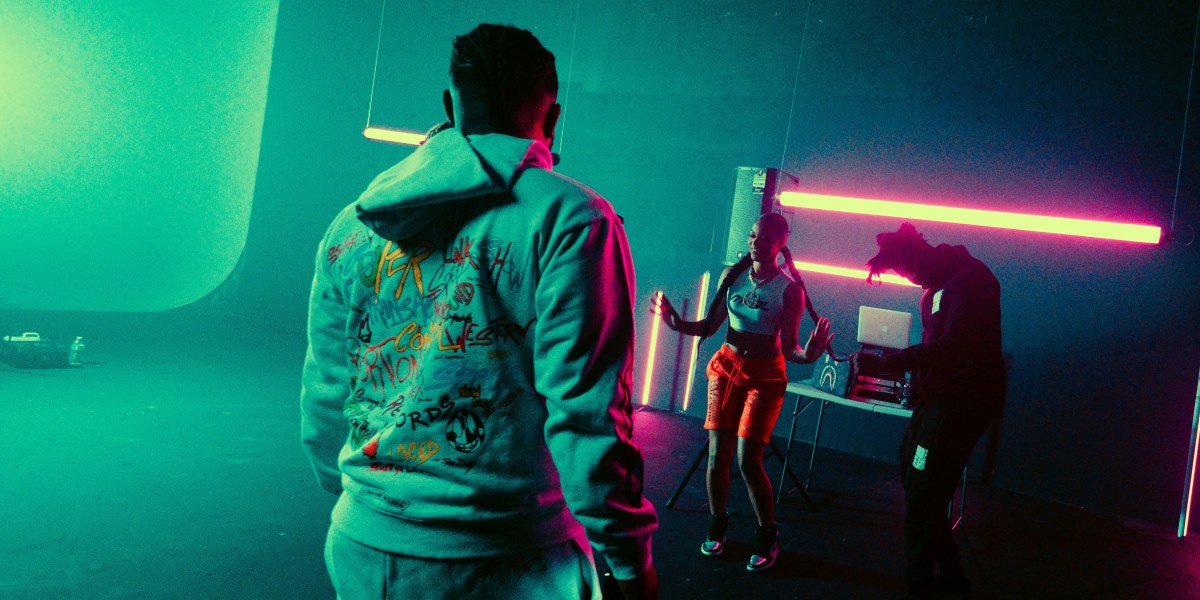Remember that pop star who topped the charts in the 90s or that action hero who dominated the box office in the 80s? The entertainment industry is notoriously fickle, with fame often fueled by the perfect combination of talent, timing, and sometimes, pure luck. But what happens when the hits dry up, the body can’t pull off the same stunts, or the public simply craves something new? For celebrities whose stardom hinged on a specific talent, navigating an aging entertainment landscape presents unique challenges.
Let’s be honest – the entertainment business is obsessed with youth and vitality. Pop singers rely on dance moves and a fresh, energetic image. Action stars convince us they can single-handedly save the world, injuries be damned. While there are exceptions, much of mainstream entertainment caters to a desire for excitement and the illusion of invincibility – qualities often associated with being young. “Our culture worships youth,” observes a pop culture expert, “this creates an uphill battle for entertainers whose core appeal was tied to a specific age or physical ability.”
When the voice starts to crack or the dance moves slow down, celebrities whose fame is heavily reliant on talent face tough choices. Some attempt to reinvent themselves – transitioning from teen heartthrob to serious actor, for example. The path of reinvention is fraught with risk, as audiences may struggle to see past the established persona.
Others try to maintain the status quo as long as possible, squeezing every last drop out of their familiar image. This strategy may work for a while, offering a hit of nostalgia for loyal fans, but the risk of becoming a caricature of their former selves is high. Sadly, some celebrities fail to adapt altogether, clinging to the limelight long after their star has faded, leading to increasingly desperate attempts to reclaim past glory.
Embracing the “Been Around the Block” Wisdom
Age, however, isn’t without its advantages. Seasoned actors can leverage life experience to bring depth to roles in a way that’s impossible for a fresh-faced ingenue. A pop star whose vocal range has lessened can shift to songwriting, sharing their wisdom with younger performers. The savvy celebrity learns to utilize the strengths age brings, recognizing that relevance doesn’t always mean being the hottest new thing on the block.
Built-in, loyal fanbases can be a saving grace for entertainers grappling with the shift of time. Diehard fans are more likely to embrace a star’s evolution, seeing it as a sign of growth rather than decline. These fans may still yearn for the glory days, but are often willing to support a new direction or less polished performance driven by pure love for the artist.
The most successful celebrities whose initial fame hinged on talent find a way to build a legacy that extends beyond their singing voice or action hero physique. Branching out into other business ventures, focusing on philanthropy, or mentoring the next generation allows them to remain relevant even if they’re no longer topping the box office charts. “It’s about becoming a brand, not just a performer,” notes an entertainment industry insider.
Sometimes, the wisest move for a star whose specific talent is fading is to simply shift stages. Instead of chasing blockbuster movie roles, the aging action star might find satisfaction teaching stunt choreography or opening a fitness studio. The pop star whose voice isn’t what it once was can transition to songwriting or producing the next generation of talent.
Fame is a fickle beast, fueled by many factors outside of an individual’s control. Weathering the inevitable shifts in popularity requires adaptability, a realistic perspective, and a willingness to keep playing the game even if the rules have changed. While some stars may fade into obscurity, those who successfully pivot when their original talent lessens have the potential to build an enduring legacy that proves relevance is a mindset, not an age.










